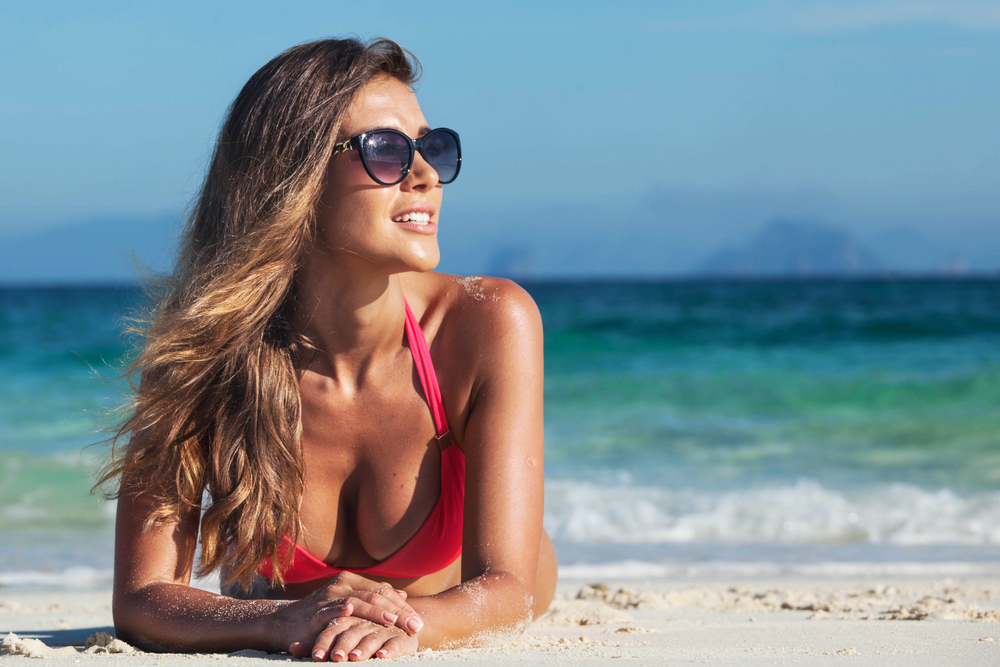
For decades, people wore sunglasses as accessories. Today, they are more than an optional accessory as more people realize they are essential for eye health. With climatic changes on the rise, exposing your eyes to the sun for long periods can increase the risk of eye diseases. Wearing the right sunglasses can reduce the risk of getting eye cancer and cataracts greatly.
If you are shopping for the best sunglasses to protect your eyes, check out the following tips.
Specifications Are Vital
Before you settle for stylish and unique sunglasses, ensure you get the correct specifications. Pick sunglasses that block 100 percent UVB and UVA radiation. Read the labels carefully.
The best sunglasses indicate they offer 100 percent UV protection. Eye doctors also recommend using sunglasses with lenses that can block high-energy visible (HEV) light.
Bigger Is Better
Eye specialists recommend getting sunglasses that provide more coverage. The more cover they provide, the less sun UV rays get on the eyes. Shop for sunglasses that wrap around your eyes to cut down the UV entering the eyes. Additionally, large frames help cover the skin around your eyes, helping prevent premature wrinkling and sun damage.
Style Matters
While the type of lenses you choose matters, it does not mean you should neglect the frames. Choose frames that fit your style and personality. Ensure they are practical and offer the most coverage to reduce the amount of UV getting into your eyes.
Cost Does Not Matter
You do not have to buy expensive sunglasses to get the best eye protection. You can get affordable sunglasses that are as effective as pricier options. The important factor to consider is that they should have a 100 percent UV-blocking marking.
Darker Does Not Mean More Protection
Most people think the darker the sunglasses, the better protection they offer. That is not the case. It is better to get sunglasses with light-responsive photochromic lenses. These lenses become clear in dark or dull light and dark in bright light.
Polarized Lenses
If you travel a lot or spend more time outdoors, consider getting sunglasses with polarized lenses. They reduce the amount of glare coming off reflective surfaces. Note that polarized lenses can make your outdoor experience more enjoyable. But that does mean they offer more protection.
Shop From Eye Experts
Many online shops sell sunglasses, but you cannot trust all sources. Shop from stores that also deal with eye health since they can recommend the right sunglasses. If you get sunglasses you doubt are authentic, you can visit an ophthalmologist's office. They can test the UV-blocking ability of the sunglasses using a UV light meter.
Kids Wear Sunglasses Too
According to the Vision Council of America, children as young as six months old should wear sunglasses. Damage from UVB and UVA is cumulative over the years. That is why it is vital to allow your children to wear sunglasses from an early age.
For more on picking the best sunglasses to protect your eyes, visit Perceptions Eye Health & Wellness at our office in Southport, North Carolina. You can call (910) 400-1215 today to schedule an appointment.







